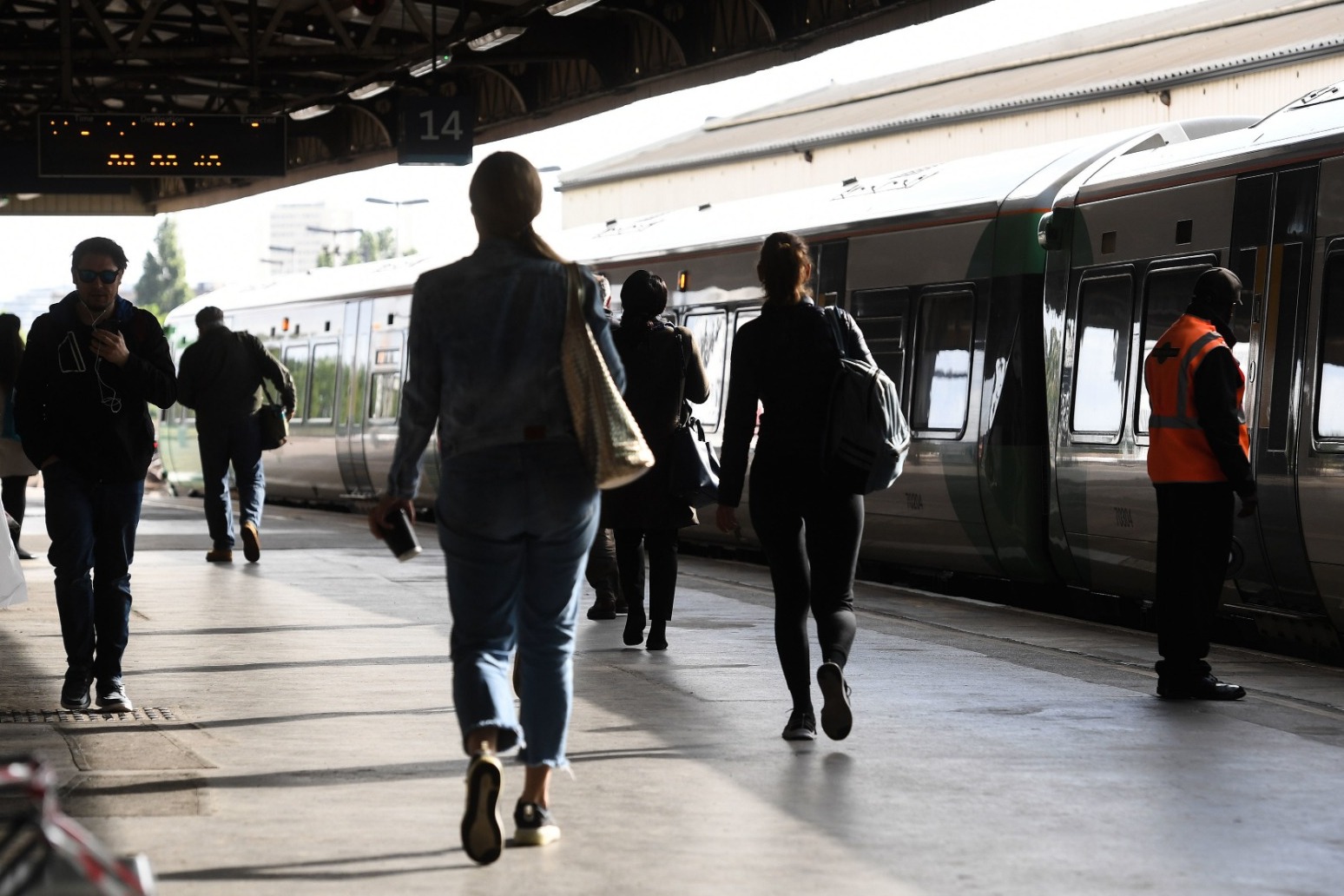
Demand for train travel remains low despite services being increased
Demand for rail travel remained low on Monday despite train companies across Britain ramping up services. Network Rail, which manages Britain's 20 busiest stations, said passenger numbers were "very similar" to last week, when they were around 93% below average.
Extra police officers and security personnel were deployed to deal with any overcrowding, but many major stations such as London Euston, Birmingham New Street and Reading were quiet during the morning peak.
Staff at Clapham Junction in south-west London told the PA news agency that its crowd control barriers were not required as there was no noticeable increase in travel.
Commuter Daniel Croft, 37, who travels twice a week from his home in Darlington to London King's Cross, said: "The trains have been completely empty."
Victor Stringer, 69, who was returning to his home in Peterborough after finishing work in the capital, commented: "It's been so quiet, I could almost have realised my boyhood dream of riding up front with the driver."
Rail services ran at only 50% of the normal timetable in recent weeks due to the coronavirus pandemic causing a collapse in demand and a rise in staff sickness.
Industry body the Rail Delivery Group said they would be increased to 70% from Monday, amid fears of a spike in demand after the Government urged people in England to go to work if they cannot do their job from home.
People have been urged to avoid using public transport where possible as the capacity of trains is as little as 10% of normal levels.
Passengers using London North Eastern Railway are only allowed to board trains if they hold a reservation as well as a ticket from Monday.
The operator is asking passengers to sit in every fourth row.
Will Rogers, managing director at East Midlands Railway, said more frequent services "will only allow a small rise in the number of passengers we can accommodate".
Transport operators have been told by the Government to rearrange, remove or limit seating "to try and ensure social distancing is observed".
This includes blocking off seats in close proximity to others and removing face-to-face seating.
Passengers travelling by train are being asked to wear a face covering and keep a two-metre distance from other people where possible.
Network Rail chairman Sir Peter Hendy, who has been appointed by the Government to oversee how operators can keep passengers safe, told BBC Breakfast that face coverings are not mandatory but "we are all very keen in the rail industry" for people to wear them.
He believes the public will adopt various new safety measures, adding: "Passengers are sensible and they will do their best too because nobody wants to get this terrible virus."
The Rail, Maritime and Transport union described the increase in train services as a "high-risk strategy" and expressed concern that "rushed political considerations could well override the safety issues for staff and passengers".
It called for new compulsory protections for passengers and rail workers, including the enforcement of two-metre social distancing on trains and the compulsory wearing of face masks by passengers.
A Department for Transport spokesman said: "We have asked operators to increase the number of services from today to help reduce pressure on the transport network, providing more space for social distancing as well as delivering increased reliability and extra capacity for the future."
Published: by Radio NewsHub